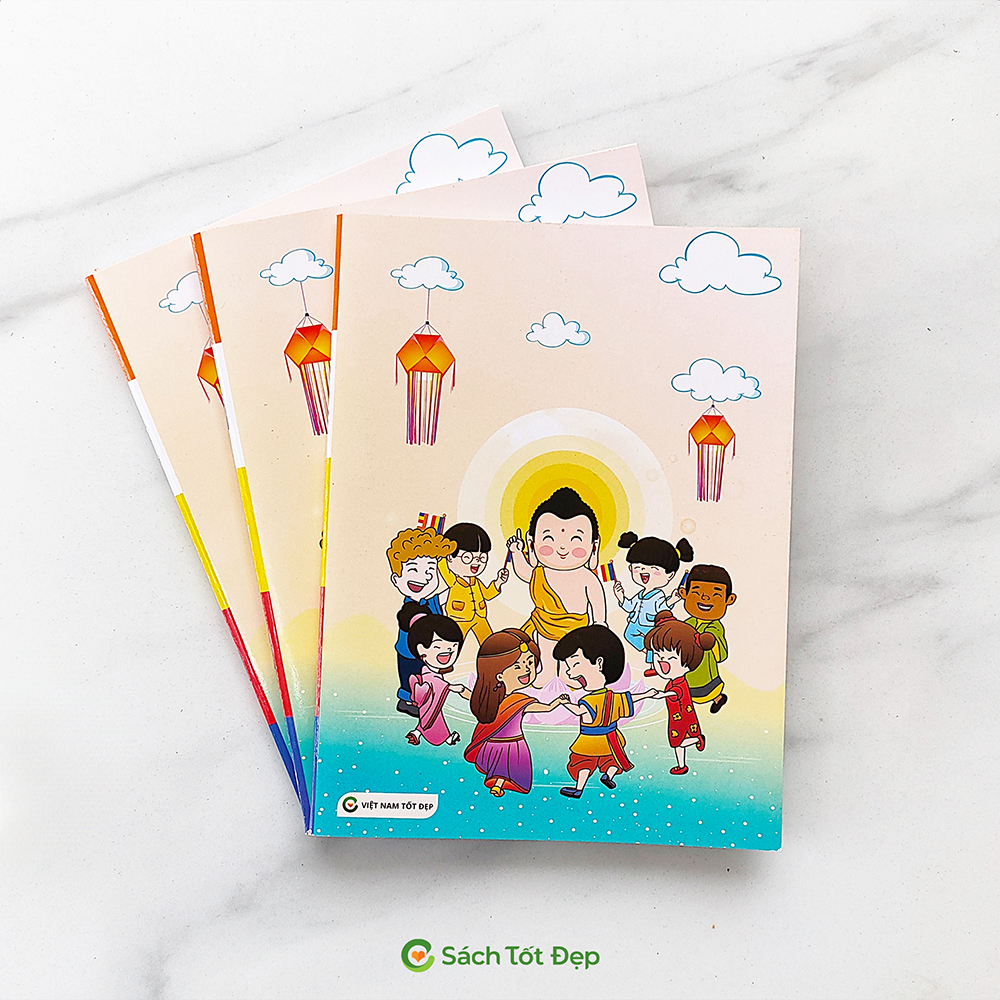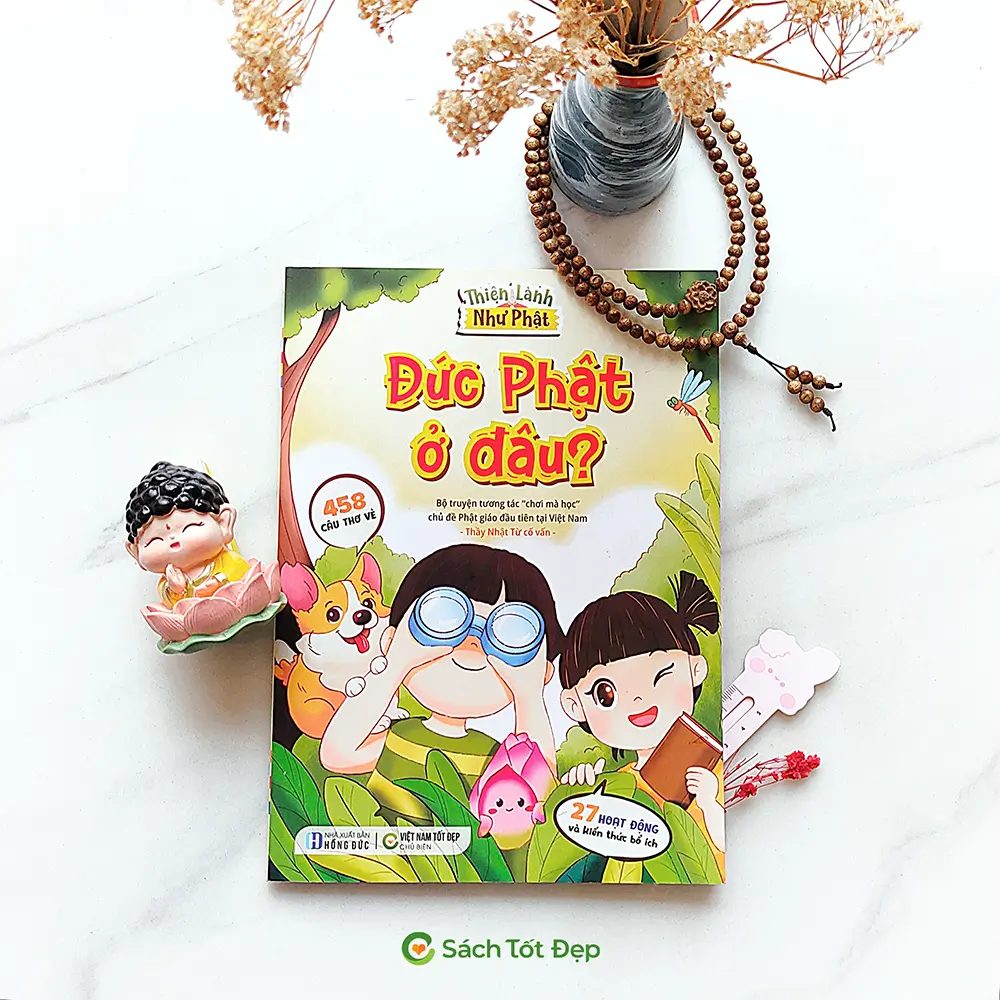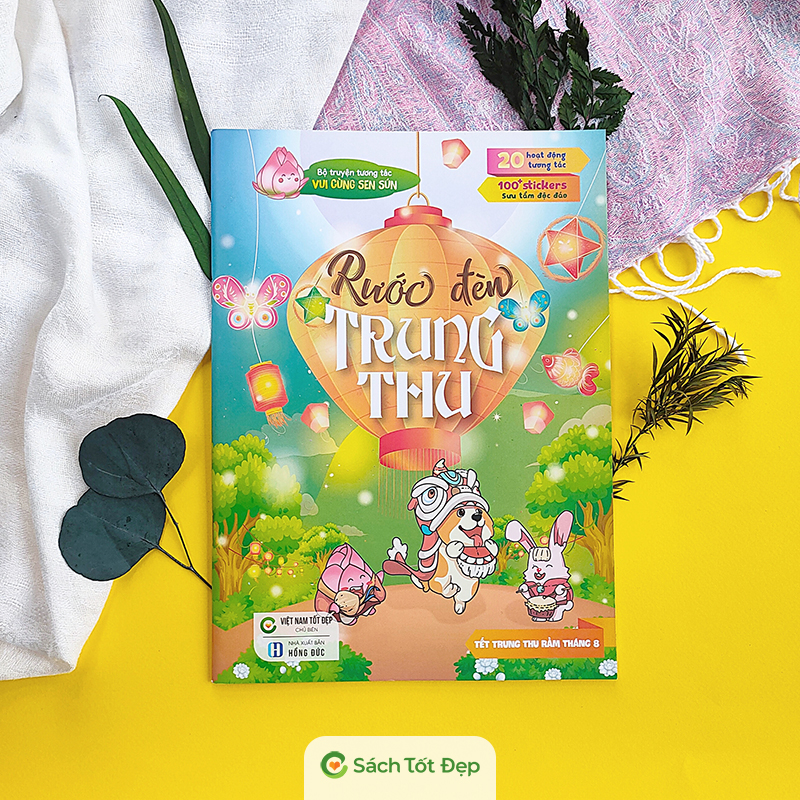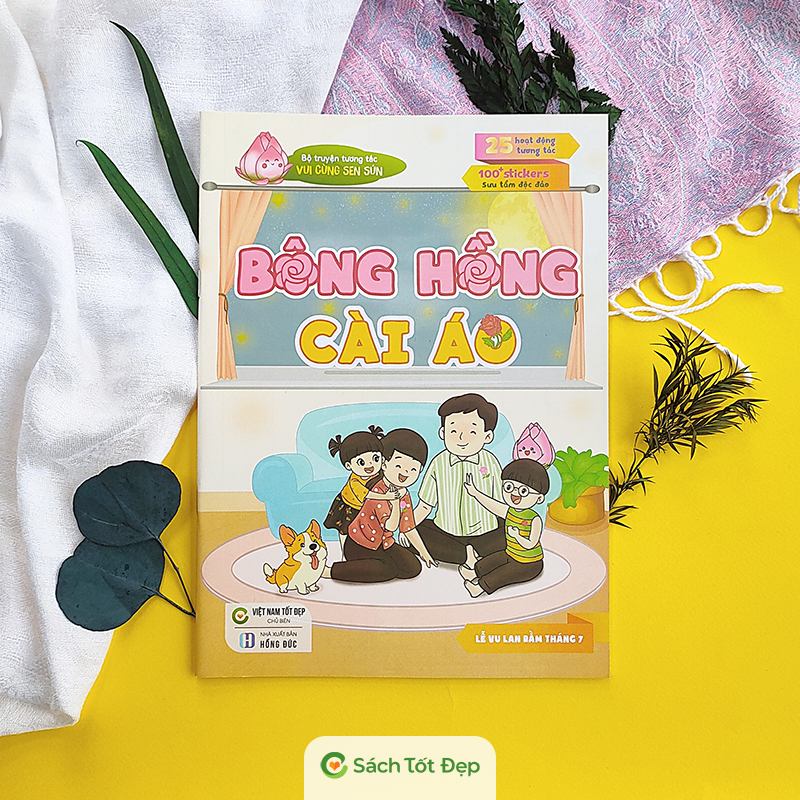Inculcating Buddhist Values in Child Education
Buddhist Education for Children: Simplifying Complex Teachings for Young Minds
In the vast collection of Buddha’s teachings, only a handful – three or four sutras, depending on your count – are specifically dedicated to children. This scarcity raises questions: Is it because following Buddha’s path requires a more mature mind and stronger resolve? Or was it because, 2,600 years ago in Indian society, families already had ample guidance for raising children, and if an adult member followed Buddha, the children naturally absorbed Buddhist lessons and culture? It might also be speculated that Buddha’s core teachings for children encompassed all principles, eliminating the need for extensive discourse.
Perhaps Buddha exemplified the best approach any parent or teacher could take: simplifying complex doctrines to their essence, making them immediately relevant and applicable in a child’s life. One such child is Buddha’s own son, Rahula, whose name means “fetter” or “chain” in Pali. Buddha left his family on the day Rahula was born – a choice no ordinary father might make, yet in Buddha’s case, it was a deep conviction that true, unconditional happiness was attainable, and by renouncing family ties, he could ultimately offer them the immortal happiness he found.
When Rahula was seven, he became Buddha’s disciple, receiving crucial teachings from his father. In the “Rahula Sutta” (Majjhima Nikaya 61), Buddha instilled in Rahula the importance of truthfulness, using one’s actions as a mirror, and constantly questioning oneself before, during, and after actions for their goodness and consequences. Buddha’s guidance to Rahula emphasized learning from mistakes, taking responsibility for actions, and cultivating a compassionate heart.
Buddha also taught Rahula about the consequences of actions – both immediate and long-term – and the fundamentals of the Four Noble Truths: recognizing that suffering stems from past or present actions and that careful observation can lead to increasingly beneficial actions, eventually achieving ultimate freedom and ease.
Educating children in Buddhism today means building from scratch a system that supports Buddhist education for children. While texts like the Rahula Sutta provide a starting point, the journey requires more support. Creative stories and activities can help children appreciate the teachings, while adults, friends, and community members contribute their experience, wisdom, and meditation skills to guide children on the Buddhist path.
The process involves not just teaching, but also creating engaging activities like crafting Vesak lanterns, flag-making, or school meditation programs. It’s a demanding task, yet immensely rewarding. For instance, a year after questioning the relevance of Buddhism, my daughter began discussing karma and luck, asserting their interconnectedness. My collaboration with a school on a meditation program allowed her to experience meditation’s benefits firsthand.
This project revived the ancient format of campfires, focusing on children’s responses. We emphasized generosity, the importance of completing tasks attentively, and the joy of skillful actions. This not only advanced our practice but also imparted valuable lessons to the children.
Buddha’s advice to Rahula about associating with wise elders is still relevant. Parents can be friends and mentors to their children, guiding them in a world where they often look to peers and media for social cues. In preventing fictional superheroes from becoming children’s only role models, parents must earn and maintain their trust and respect.
In sum, Buddhist education for children is about building a religious and ethical culture within the family, amidst a materialistic society. It requires pioneering efforts to create meaningful and engaging experiences that resonate with young minds and hearts.
(Source: Vườn Hoa Phật Giáo)
Sản phẩm bạn có thể quan tâm

Tot Dep Notebook 96-pages
Warning: Undefined array key 0 in /home/totdepc/public_html/sach/wp-content/themes/totdepbookstore/single.php on line 357
Warning: Attempt to read property "name" on null in /home/totdepc/public_html/sach/wp-content/themes/totdepbookstore/single.php on line 357
8.000đ

Buddha’s Little Explorers: Where is Buddha?
Interactive book
59.000đ

Let’s play with Sen Sun: Mid-Autumn Festival
Coloring book
30.000đ

Let’s play with Sen Sun: Ullambana Festival
Coloring book
28.000đ





